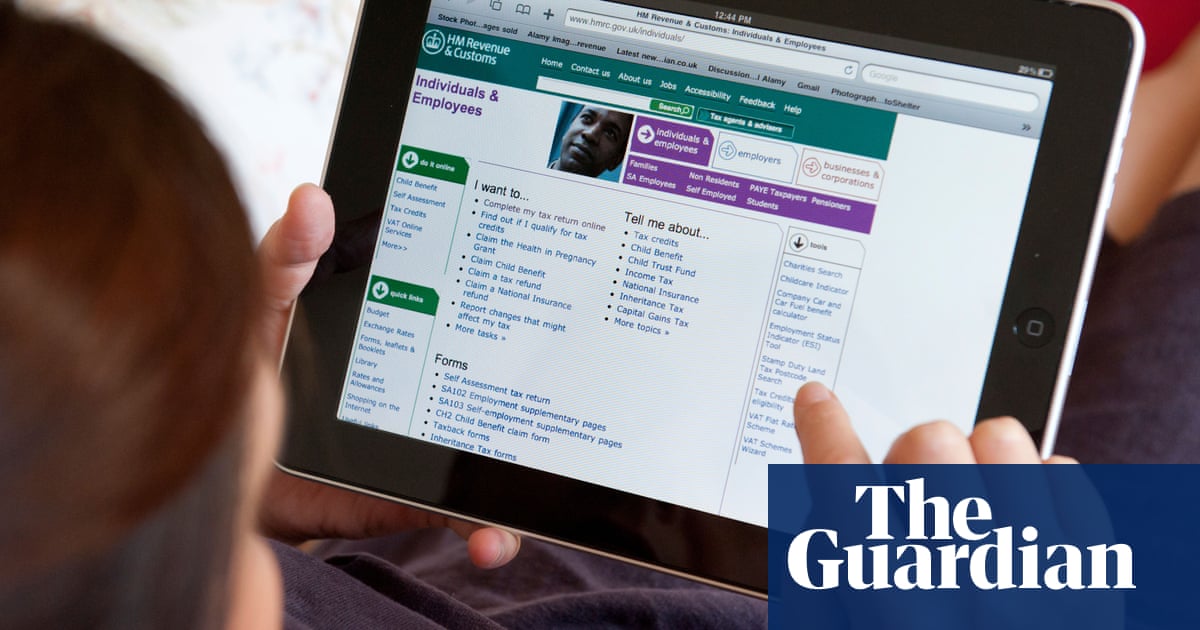
here are many stages to my yearly self-assessment taxes ritual. First, denial: I tell myself it’s not a big job and can be completed in days. Then anger sets in, usually at myself for believing that. Then comes bargaining. I plead to anyone with a vague understanding of numbers: “Please, Excel-competent friend, save me from adding up a year’s individual bus fares only to lose track and start over.” I mope around the flat, clutching receipts, hoping my boyfriend (an economics graduate) might leap to the rescue.
“Studying postwar macroeconomic theory is not the same as adding up how much you spent in Pret,” he’ll eventually say (and I remember I’d rather he didn’t know). Finally, acceptance.
But this year there is a new stage: joy. I am filing for the financial year April 2019 to April 2020 – a mostly Covid-free period. Now my bank statements take on new significance, as a historical artefact of a life once mine. “£2.79 McDonald’s” means I bought a Happy Meal after drinks. “£9 Uber” means I visited my best friend’s place. The memories come pouring into my mind like a cool glass of water, and I am parched.
It’s certainly a nice change from the usual lingering feeling of shame. Seeing my socialising itemised, I often resolve to be less wasteful. But such purchases look different after a year of lockdowns. Wine with colleagues; queueing with my sister for a Cronut; booking some friends into a trampolining venue, only to find it’s for toddlers: these are not wastes. Their memories are an asset that give me strength to carry on and keep me close to those I love. An Isa could never do that.
And so I tell myself not to self-flagellate about spending, and recognise the value of experiences with loved ones. Maybe in the future my taxes won’t be so taxing after all.












